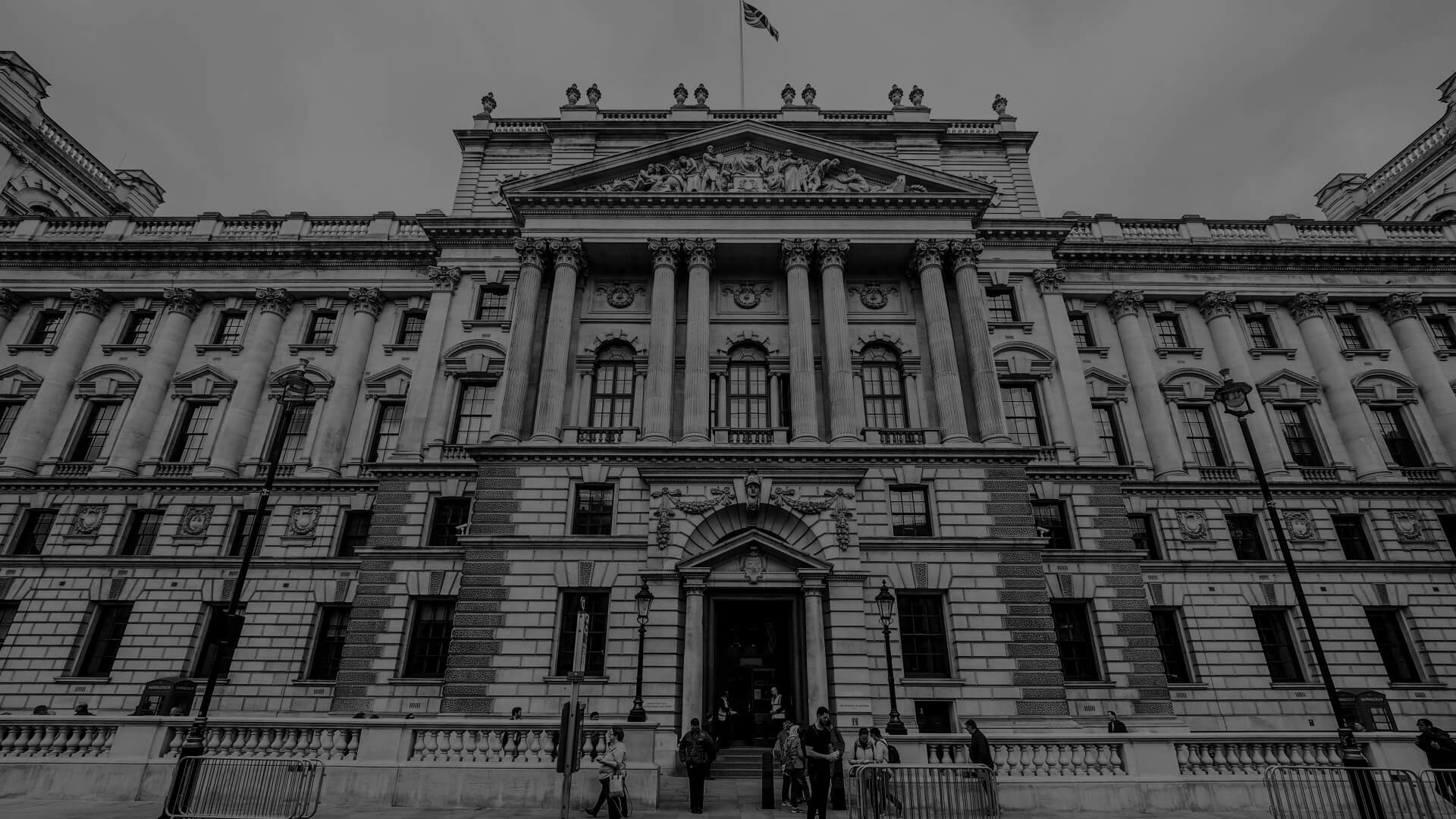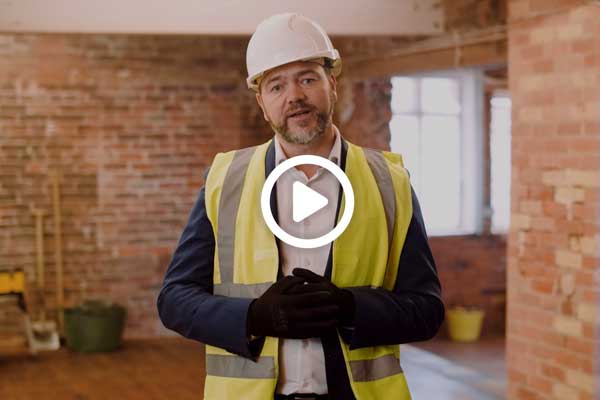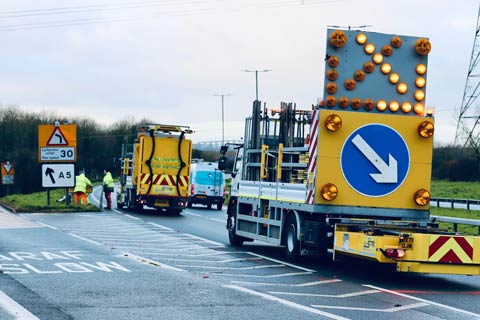21st October 2021 | Hudson Contract
The new VAT regime for building and construction services has thrown thousands of companies into cashflow chaos, according to Hudson Contract.
HMRC introduced the domestic reverse charge as an anti-fraud measure in March, ignoring industry warnings about the negative impact it would have on the supply chain. Under the new rules, companies at the top of the chain charge and collect VAT while the CIS-registered specialist subcontractors below them report the tax but no longer collect it.
Our managing director Ian Anfield, who is one of the industry’s foremost authorities on tax and employment status issues, said: “Companies stuck in the middle of contracting chains and still paying VAT to labour providers, plant hire firms and material suppliers but no longer collecting it from their clients, are now facing huge cash-flow issues. In some cases this could put them out of business even though they are well-run, profitable enterprises.
“HMRC started consulting on the domestic reverse charge back in 2017 and twice delayed its introduction, first due to Brexit and then Covid, and yet its officials still don’t seem to know how the rules work. Subcontractor firms which pay out VAT are entitled to claim it back monthly, but those claims are held-up because the tax inspectors don’t understand the new rules. HMRC are routinely challenging refunds, unduly delaying the VAT process and exacerbating cashflow issues.
“It looks suspiciously like HMRC has got its modelling wrong on this one. Just 54 organisations responded to the 2017 consultation exercise, and most of those were major contractors and trade federations which would not be negatively affected. Less than a dozen were subcontractors in the middle of chains where the impact will be most felt. When they warned about the proposals, HMRC pressed ahead on the assumption that subcontractors should not be using VAT money as working capital.
“Because VAT has become such an issue, some employment businesses and payroll firms are flouting the clear exclusion which states they must continue charging VAT, and instead they are choosing to apply the domestic reserve charge and justify it by calling themselves ‘commercial contractors’. Whilst this might seem to ease the cash-flow problem in the short term, when the taxman catches up with them their clients will be faced with paying it all at once. That could be a real disaster.
It then begs the question, if a payroll company can’t get its VAT status right, how on earth is it going to deal with the even more complex areas of employment taxes and employment law?
Hudson Contract, which is the largest and most trusted provider of tax status and employment contract services to the construction industry, works with a dedicated VAT specialist at HMRC’s Large Business Directorate. If any clients have a query, we are able to resolve it quickly.

To speak to one of our team, call us on 01262 401040
Or request a callback and one of our team will be in touch at a time that suits you.
Request a callback
Please select your role and fill in your details and we'll get you the right person to call you:



